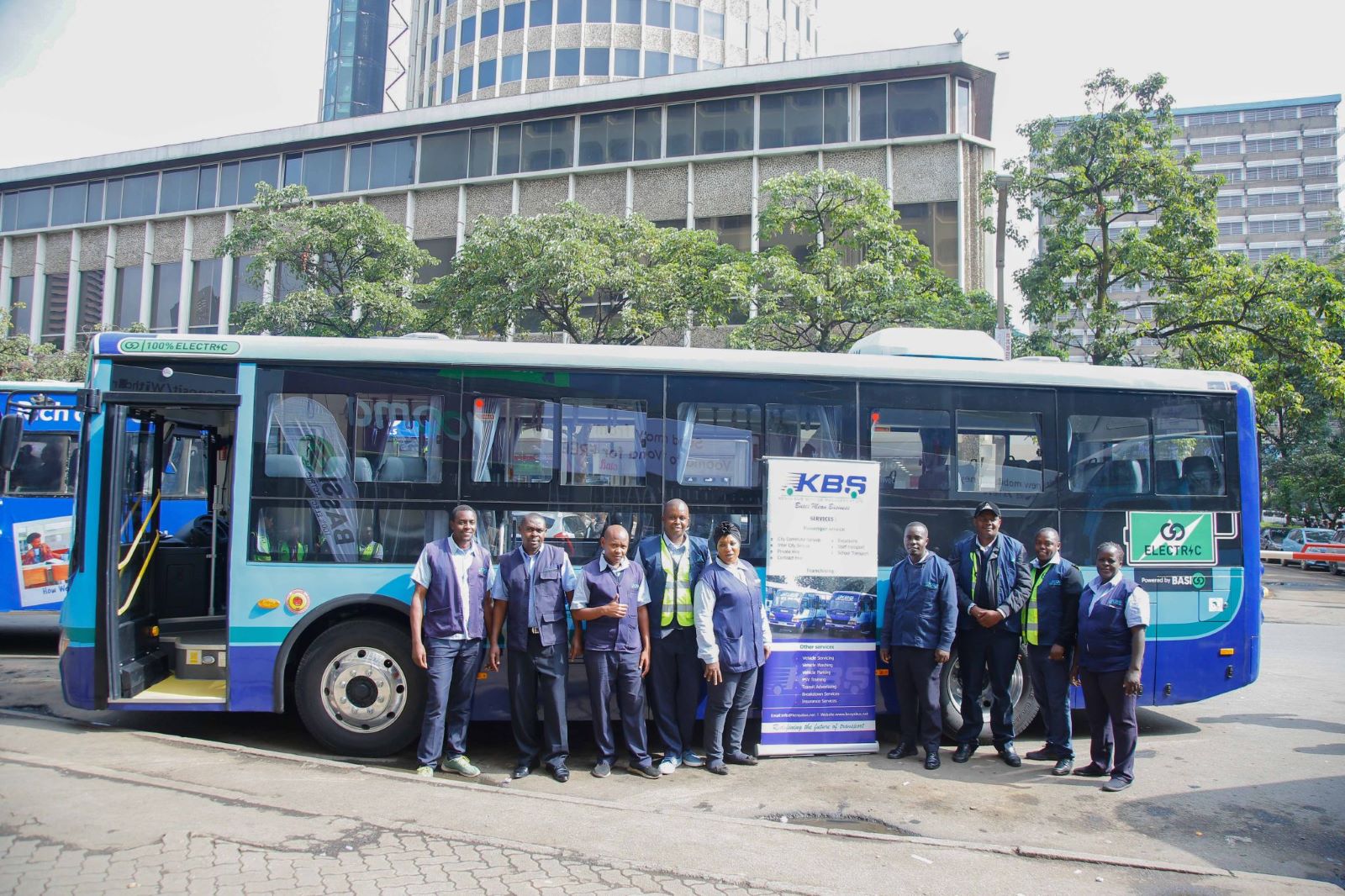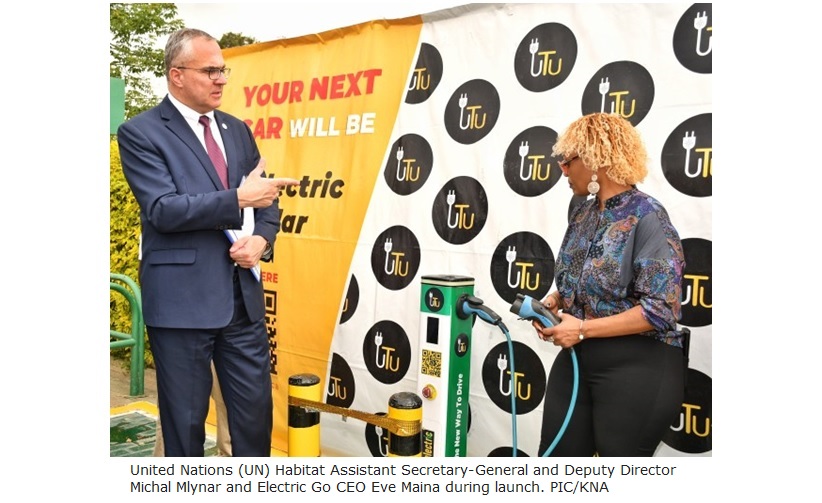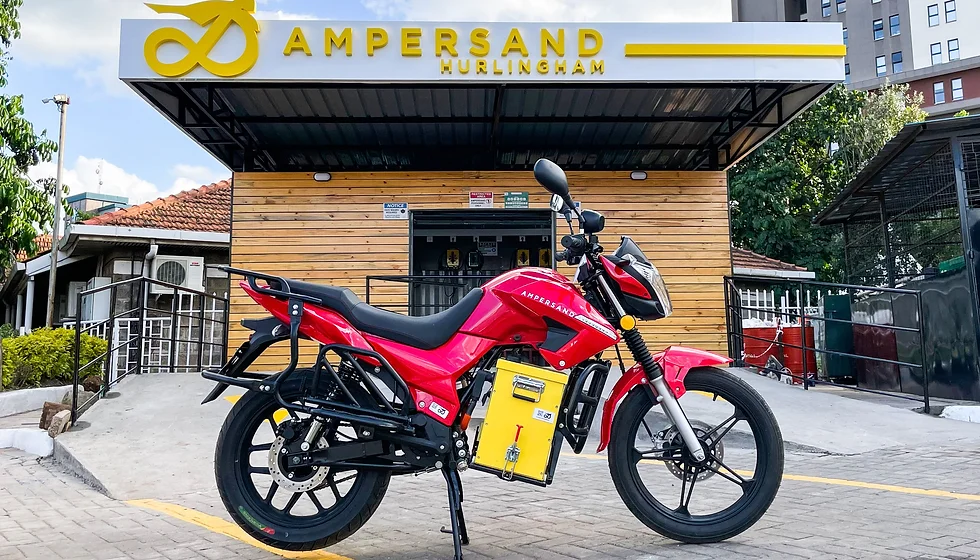The Kenya Bus Service popularly known as KBS received its first electric bus late July to add onto a growing list of public transport companies turning to emobility.
Kenya Bus is the oldest bus company in Kenya having been established in 1928. The company mainly operates in the capital Nairobi and its cosmopolitan environs.
The company at one time introduced the double-deck bus in the 1990s as well as long distance fleets, ventures that eventually flopped when the matatu industry opened up to competition.
Inside New Kenya Bus Service Electric Bus
“Today marks a historic moment as we proudly announce the official handover and flagging off of the first Electric Bus to join the Kenya Bus Service (KBS) fleet. KBS has been a cornerstone of Nairobi’s public transport since 1928,” BasiGo.

The electric bus was assembled at the KVM assembly plant in Thika by e-mobility startup BasiGo that has been making waves in the industry.
The new Electric Bus will serve the CBD – Kibera, CBD – KNH, and CBD – Utawala routes.
KBS joins the likes of Metro Trans Sacco and Super Metro Sacco which already have BasiGo buses as well as Citi Hoppa that operates on Roam electric buses.
“Powered by locally generated electric energy, each BasiGo Electric Bus deployed on our roads mitigates 50 tonnes of carbon emissions per year, significantly reducing air pollution and contributing to a greener Nairobi,” BasiGo.
Apart from electric commuter buses, Kenya is home to pioneering electric motorbike battery manufacturing by the likes of Ampersand and Roam.




